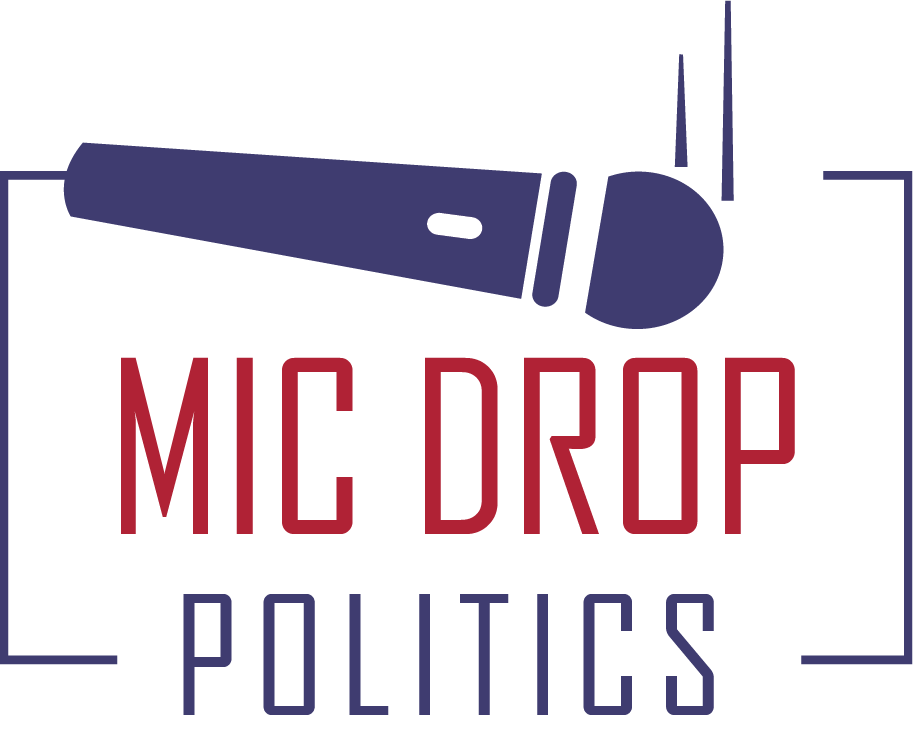If Vivek Ramaswamy continues discussing immigration on X, some of his former supporters might urge the incoming Trump administration to assign him to manage the White House 7-Eleven, a scenario humorously predicted by the Babylon Bee earlier this year.
The biotech entrepreneur sparked a firestorm with a lengthy post about immigration and the economy. In his opening paragraph, he wrote:
The reason top tech companies often hire foreign-born and first-generation engineers over “native” Americans isn’t because of an innate American IQ deficit (a lazy and wrong explanation). A key part of it comes down to the c-word: culture.
The former GOP presidential candidate and Trump surrogate argued that American culture has emphasized mediocrity over excellence long before young people reach college. His comments drew sharp criticism from conservatives who support stricter limits on both illegal and legal immigration. Critics argued that institutions should prioritize American workers, address skills gaps, and avoid outsourcing high-paying jobs to other countries.
I believe every country’s policies should prioritize its citizens over foreign nationals. I understand the frustration felt by STEM graduates who struggle to find jobs in their fields, especially when they see companies hiring workers from India, China, and other parts of Asia. But strong leaders must prioritize hard truths over convenient lies.
Unfortunately, too many conservatives default to ‘right fragility’ whenever the culture police come knocking.
Anyone who has criticized participation trophy culture in youth sports, grade inflation in high schools, or emotionally fragile college students knows there is some truth in Ramaswamy’s argument. His point about how social norms influence social outcomes deserves discussion, not dismissal.
Unfortunately, many conservatives reacted emotionally, interpreting his comments as a claim that Asians — specifically Indians — are superior to Americans — specifically white people. This simple observation about cultural norms inadvertently exposed the “right fragility” increasingly evident among conservative social commentators.
I found the reactions to Vivek’s comments fascinating because white conservatives often invoke “culture” to explain why black Americans struggle to gain admission to elite universities or remain underrepresented in the tech industry. They cite factors such as family structure, study habits, media consumption, values, priorities, drive, and grit as alternatives to the progressive explanation of systemic racism. Some so-called racial realists take it further, claiming that low IQs account for the educational and economic disparities between black and white Americans.
Vivek’s remarks, however, revealed a closely guarded political secret: The socioeconomic gaps between Asians and whites are as significant as those between whites and blacks. For instance, the difference in SAT math scores between Asian students (626) and white students (532) exceeds the gap between white and black students (441). Similar disparities exist in the average number of hours high school students spend on homework and the percentage who complete it five or more days a week.
Even smaller achievement gaps can significantly affect outcomes. According to the National Assessment of Educational Progress, 64% of Asian eighth-grade students are proficient in math, compared to 44% of white students. A similar disparity exists in reading proficiency. Conservatives often cite family stability as a factor contributing to the “achievement gap” between black and white students. While Ramaswamy didn’t address these factors in his cultural analysis, he easily could have. Asian-Americans have higher marriage rates and lower divorce rates, and they are far less likely to have children out of wedlock.
Discussing culture, rather than genetics, is valuable because a society’s norms, values, and priorities can change over time. No country or ethnic group has a monopoly on hard work, determination, or innovation. The dominance of students of Indian descent in the Scripps National Spelling Bee has little to do with the H-1B visa program. In many cases, these children likely speak English as a second — or even third — language at home.
Excelling in math and science at the highest levels requires tremendous discipline and dedication, much like the commitment needed to become an elite athlete. The makeup of the robotics club and basketball team at the University of North Carolina reflects the students who are willing to put in the hard work necessary to compete at the highest levels in their respective fields. Complaints about discrimination will not change that reality.
Educator Jawanza Kunjufu once appealed to young black men by saying, “That that you do most will be that that you do best.” His call to foster a culture of excellence in the classroom should resonate with conservatives who acknowledge the challenges in the K-12 education system and seek to improve economic opportunities for American citizens. Unfortunately, too many conservatives default to “right fragility” whenever the culture police come knocking.

Comments are closed.